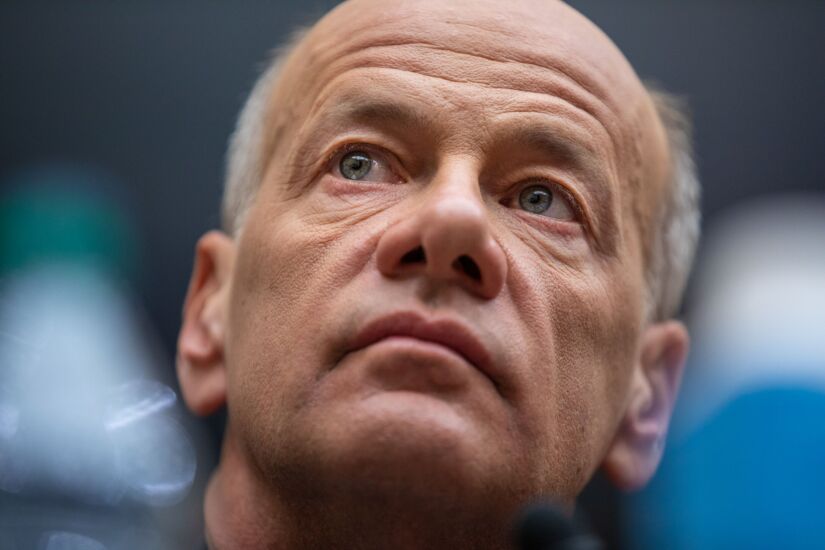WASHINGTON — Congress held a whirlwind of hearings in the last week related to the failures of Silicon Valley Bank, Signature Bank and First Republic, leaving lawmakers and policy watchers digesting a pile of new information about the turmoil still facing regional banks.
Lawmakers — for the first time — heard publicly from executives of the three failed banks, and questioned regulators about their roles in overseeing and unwinding those institutions. While Congress received testimony from Federal Deposit Insurance Corp. Chairman Martin Gruenberg and Federal Reserve Vice Chairman for Supervision Michael Barr just weeks before, this is the first time lawmakers have been able to ask specific questions about the lengthy reports the two agencies put out on Signature Bank and Silicon Valley Bank, respectively.
While lawmakers, regulators and executives covered familiar ground throughout the hearings, some actionable threads began to emerge around executive compensation for failed banks and further investigation into root causes of the banks' failures. A
Here's four threads to watch as the regulatory process around the bank failures gains steam:









